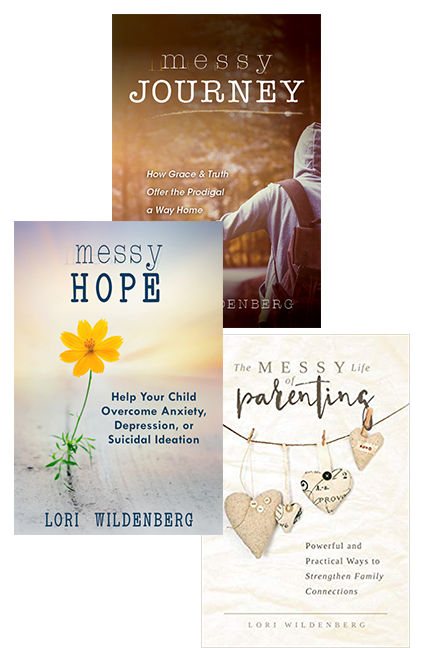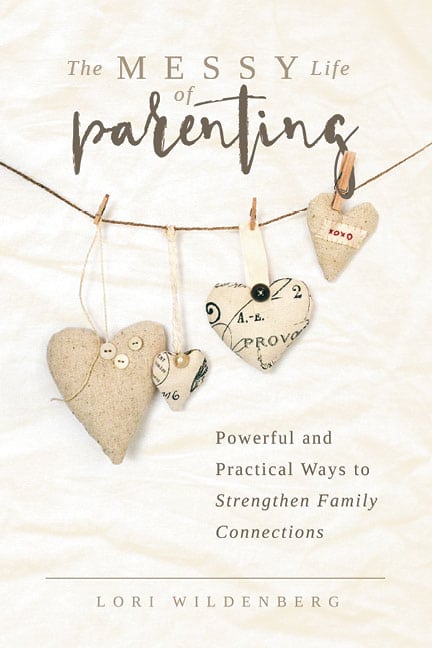| Photo by Braydon Anderson on Unsplash |
“That’s not ————- fair!”
- It is positive children can identify what is and isn’t fair for themselves.
- The next step is to extend that idea to others for their benefit.
After studying fairness, I think it is also the beginning of understanding the concept of respect and a piece of grasping the idea of humility. Justice often follows the idea of fairness. Fairness moves people to protect the underdog.
It is good to train our kids to be fair.
Fairness is not equality. Fairness is equity.
There are no special considerations.
Here’s a little story of fair and equal as it could relate to family life.
Only one person needs glasses but to be “equal” no one gets glasses.
To be fair the person who needs them receives them
and the ones who don’t need them don’t get them.
Fairness moves us to treat others the way we want to be treated. It stops us from using or taking advantage of others. We are motivated to think about how our actions or words will affect someone else. Anger, jealousy, and sibling rivalry are stirred when kids perceive parents playing favorites.
Rules, guidelines, and boundaries provide the structure for fairness and for conversations about what is fair. Fairness helps our kiddos feel safe and secure. If, as parents, we play by the rules and enforce our rules we will instill the character quality of fairness in our kids.
Once we can wrap our brains around fairness for ourselves and then others we have have a better understanding of what sacrifice means.
Jesus even talked about fairness,
How to Have a Wise Kid (#4)
10 Questions to Evaluate Emotional Safety in Your Home (#5)
How to Increase Your Child’s Resiliency (#6)
10 Questions to Assess Your Child’s People Skills (#7)
How to Train Your Child to Share (#8)
Here are two related posts:
I Was Raised to be Charming
10 Ways to Raise a Selfish Child



